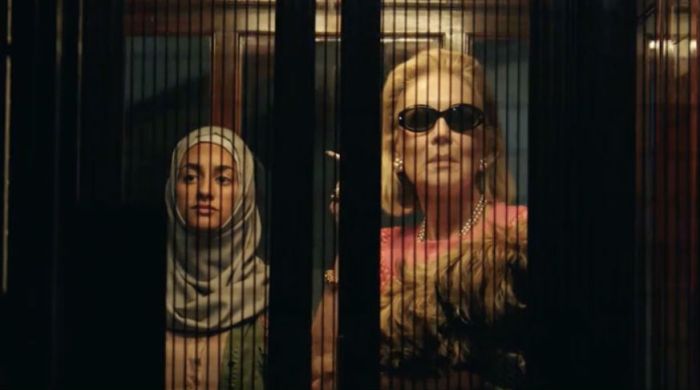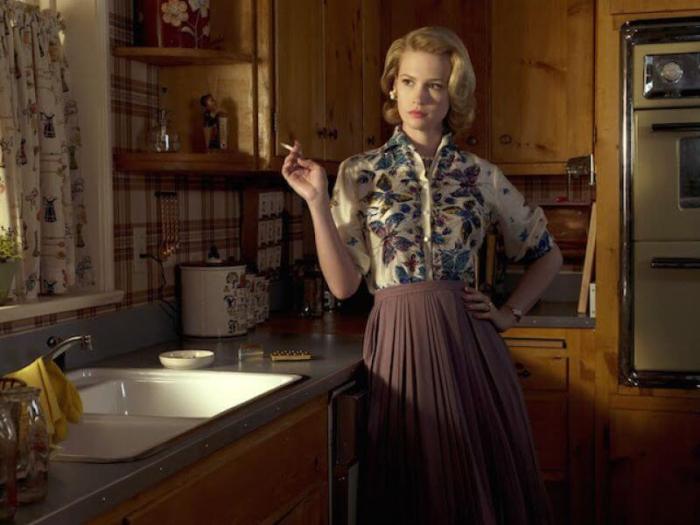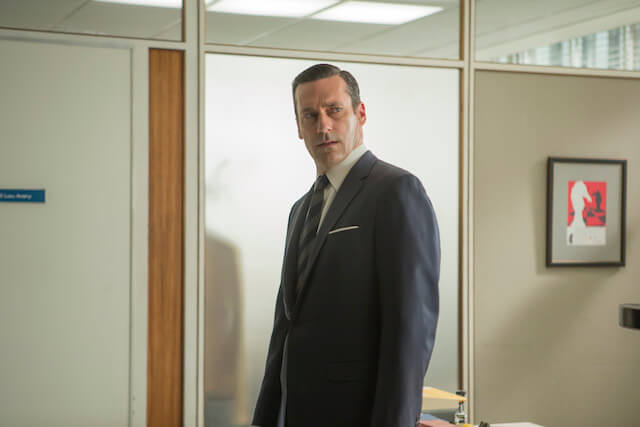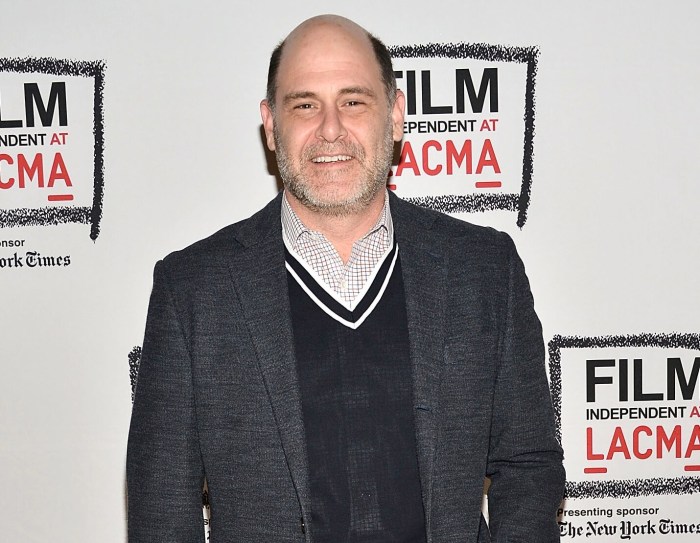John Slattery hasn’t seen the new episodes of “Mad Men” either. In fact, he still hasn’t caught up with the last season. That’s no knock on the show, which enters the final seven episodes of its split-up seventh and final season, which find the actor giving one last go with Roger Sterling, the show’s most dapper and quip-flinging ad man. The show’s end is bittersweet: on one hand there’s no more Roger Sterling and company; on the other, Slattery has more chances to do other things (including roles in “Ted 2” and on the forthcoming “Wet Hot American Summer” Netflix show, plus reprising his role as Iron Man’s dad in “Ant-Man”). He’s just hoping the roles will be more than Roger clones. You’re a bit behind on the show. Do you go out of your way to watch them?
I generally don’t. I’ve watched most of them. The further it went the less I watched.
Why was that?
Probably vanity. The older I get the less I want to see myself. Then it would come on and I’d catch up.
Are you generally an actor who doesn’t like to see yourself onscreen?
The first reaction is kind of “ugh.” Then I get over that. It depends on the material too. Sometimes you see something and you think, “Oh, that’s funny,” so it doesn’t really matter [that it’s him onscreen]. It’s case-by-case. You’ve directed a handful of episodes. How did you deal with handling yourself onscreen.
That’s pretty helpful, because your first impulse is to see your face and go, “Oh, s—, I don’t like that.” Then the more you watch the more you start to pay attention to the performance and the context and the story, which is hopefully what other people are watching. You get over the things you don’t like about yourself. I’ll always ask the editor if we can get a better angle. He’ll say, “Nah, that looks fine, don’t worry about it.” It’s just self-loathing. Roger, on the other hand, is nothing but confidence. And yet there have been flashes of humanity, even decency. He helps Don come back from his “leave,” albeit in his distant/quippy Roger way. I think he always had revelatory moments. Even early on, in the episode where he’s sitting in the train station bar near Don’s house, looking at younger women, saying, “After 30 it’s like a light goes out.” It’s not the most humanitarian moment, but it is a rueful moment that you see he has. That’s what ultimately makes you want to watch these characters. Matt [Weiner, creator and showrunner] would let you in; it doesn’t mean you necessarily have to like them. Did you model Roger off anyone?
Not really. My father, probably. In the earlier years he reminded me of my father. He was a salesman, a business guy, sharply dress, confident. He was nothing morally or ethically [laughs] like Roger. And no one is better at quips.
That’s superhuman. No one has that. Oscar Wilde maybe, or Mike Nichols — somebody who could just turn a phrase like that.
Not many actors get to stick with the same character for so long.
I know. And what helped was we would only do 13 episodes [a season]. The writers only have to write 13 great episodes. I don’t know how shows that do 24 episodes do it. It’s impossible. But the actors only have to act 13 episodes, so you’re only playing this thing for five months, and then you go away and do something else and live your life. But you also had the security of knowing you get to come back and do another season with these people. It was a dream job. We all benefited from that structure, from the time away. Did that make it easier, when the time came, for you to say goodbye?
Yeah, probably. Would we be shooting now? I guess we would. We usually came back in the spring. It will probably hit later. Matt said he had an idea for a show, and we went for his pad and he was like, “Oh yeah, it’s done.” I haven’t had too many of those moments. But we told this story pretty well. And there’s no more Weiner demanding that there be no spoilers.
His “mean speech,” which we called it. I’ll miss those. Just before the table-reads he’d give that speech: “Don’t tell your mother, your agent, anybody. You will be flogged. And this is not a performance but it will be judged as one.” The poor people who were in those readings for the first time were probably so s—-scared. Random moments like those I’ll miss. You directed a film, “God’s Pocket,” in between seasons. Are you hoping to do more?
I have a story idea that I think might work as, I don’t know, something — as a film or TV. TV has changed already from when we started. People are doing one-off TV shows or shows like “Peaky Blinders,” where they do six or eight episodes. I know that’s very European. But even network shows are only doing 15. I like the idea of long-form television. I would gladly do another TV show. Do you get a lot of offers for roles that are in this same vein or even era?
That happens, sure. But it’s pretty easy to stay away from it.
You just turn it down.
You just say no, yeah. My agent knows: “I know you’re not going to do this, but this came through.” It’s not hard to avoid playing characters who smack of this one, especially because none of them are as good.
Exit interview: John Slattery on not always keeping up with ‘Mad Men’
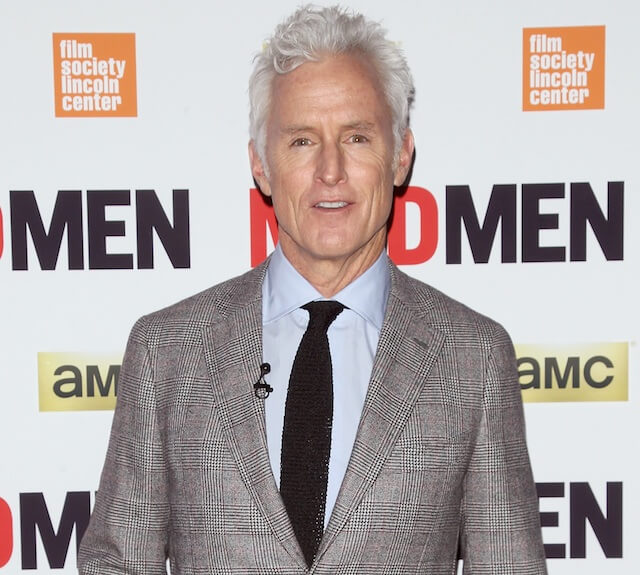
Getty Images
Follow Matt Prigge on Twitter @mattprigge











